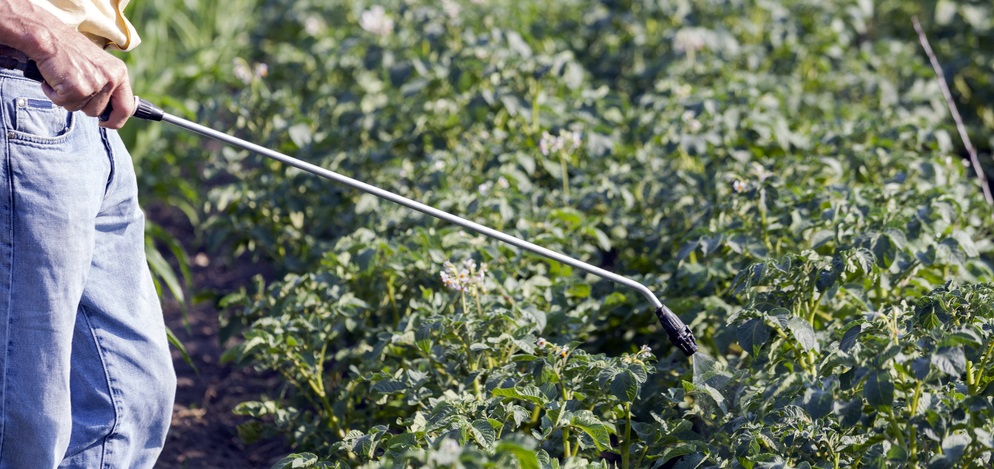
Help AUSVEG and Hort Innovation understand your agchem needs with quick survey
12 July 2018
Chris McLoghlin: Seizing opportunities in the organic mushroom industry
14 July 2018The giant African snail (Achatina fulica, also known as GAS) is native to eastern Africa, established in many countries around the world, and feeds on more than 500 different species of plants.
This distinctive pest has a narrow conical shell with brown and cream stripes and can omit a very offensive smell in large infestations, which would help to distinguish it from other snails even if it didn’t also grow to up to 20 centimetres long.
Individual snails are more than capable of destroying entire plants: they eat the stem, leaves, flowers and fruits of bananas, beans and brassicas, as well as cucurbits and solanaceous plants.
Unfortunately, individual snails don’t stay by themselves for long.
The GAS is hermaphroditic and able to self-fertilise – meaning that if they’re left undetected for even a short period of time, rapid colonisation can occur. In a typical year every mated adult lays about 1,200 eggs, and lab studies show that adult snails can lay up to 4,000 eggs per year.
As well as posing a threat to horticulture with their voracious appetites, these snails also represent a risk to human health. GAS can contract rat lungworm (Angiostrongylus cantonensis), which can spread to humans and cause meningitis.
All of this means that we’re very glad that biosecurity officers were there to intercept eight snails during a routine baggage inspection at Perth International Airport earlier this month.
Australia is free from this threat to our horticultural production, and we’re eager to keep it that way.
If the GAS makes it to Australia, it could be a hard fight to eradicate it. Even though it’s a tropical species, it can survive cold conditions (and even snow) in its dormant state.
In the United States of America, they’ve spent more than US$11.5 million to try and eradicate a population found in Florida in 2011, and still haven’t succeeded.
These pests are traded for food and medicinal purposes, and some are even kept as pets. This means that some people may try to smuggle them into the country – like the population that were intercepted in Perth.
If you see a giant African snail, or any signs that there may be a population, help protect Australia and its agriculture industry by reporting it online or calling the Exotic Plant Pest Hotline on 1800 084 881.
You can learn more about the GAS on the Commonwealth Department of Agriculture and Water Resources website, or from the Queensland Department of Agriculture and Fisheries. If you’re after more detail, take a look at this threat-specific contingency plan for GAS, which was written as part of a Hort Innovation-funded project for the nursery industry.
AUSVEG Biosecurity Officer Madeleine Quirk also wrote about the GAS in The Front Line biosecurity report as part of the September/October edition of Vegetables Australia.
This post appeared in the AUSVEG Weekly Update published 17 July 2018. Subscribe to the Update using our online form to receive the latest industry news in your inbox every week!

